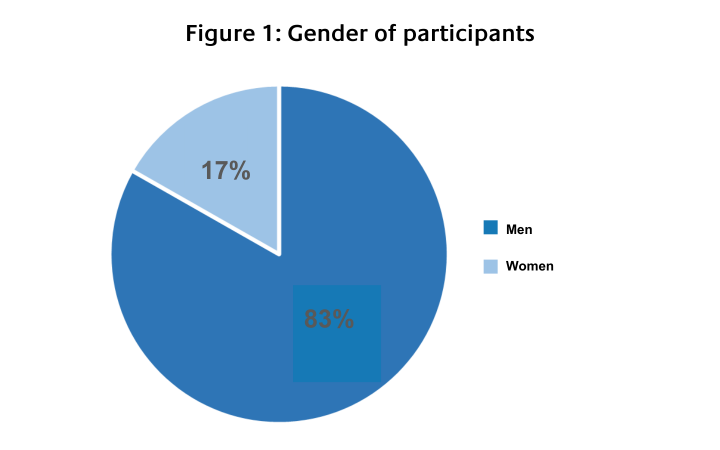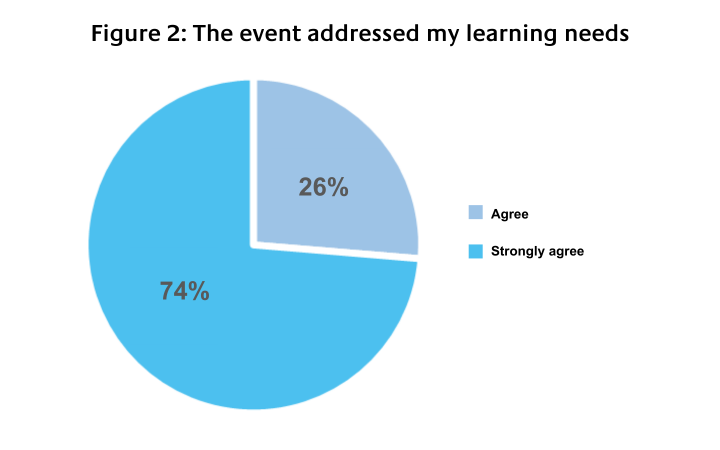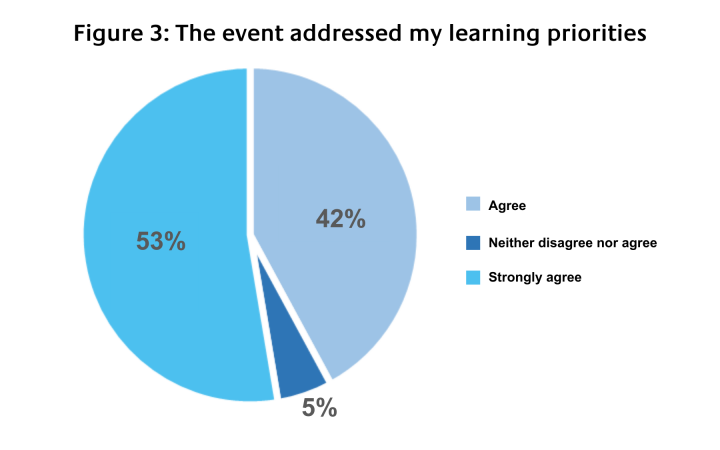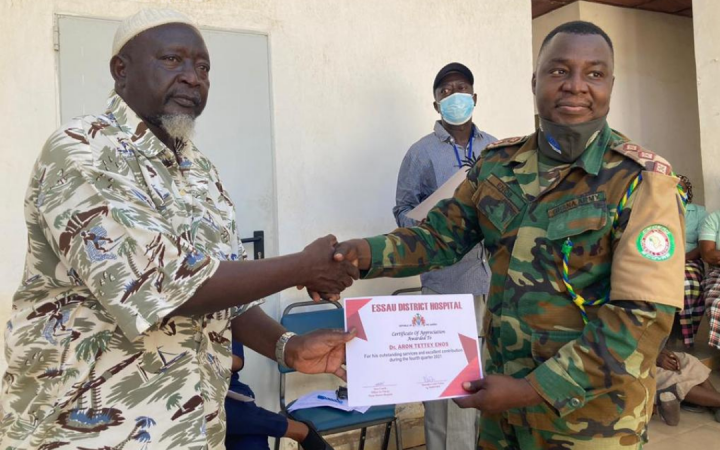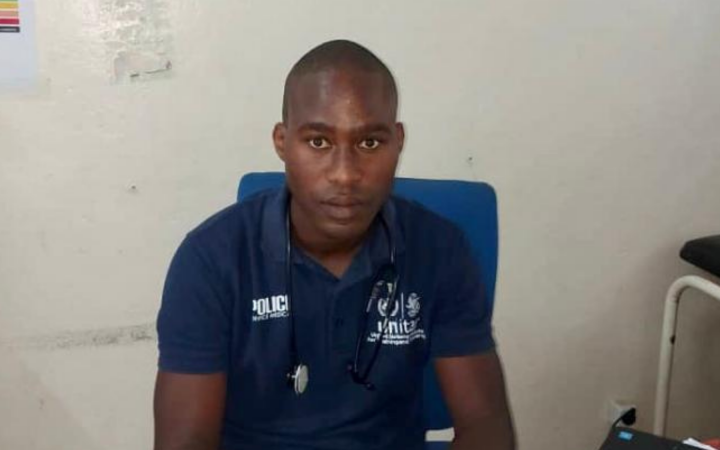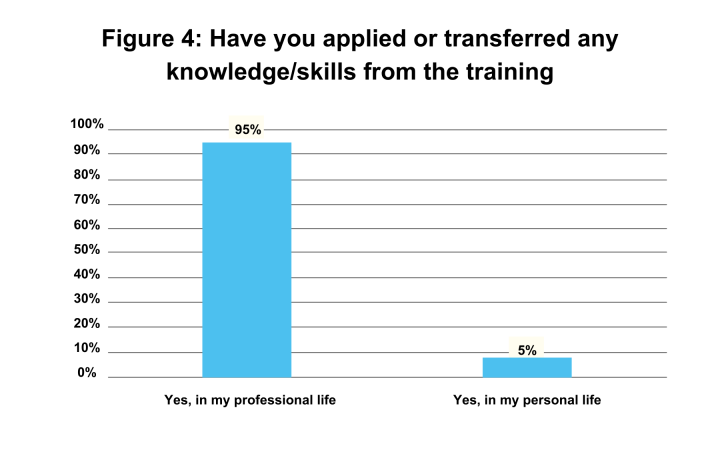Background
In order to improve the performance of United Nations peace operations in increasingly complex and high-risk environments, UNITAR has worked on enhancing the physical and mental well-being of male and female military and police personnel. It has done so by strengthening the knowledge, skills, attitudes and behaviours of male and female medical and para-medical personnel (military and police deployed to the top 5 high-risk UN peacekeeping operations) to address physical and psychological trauma in a gender-responsive manner. As part of the project "Strengthening Response Capacities of Medical Personnel Deployed to UN Peace Operations" generously funded by the Government of Canada, UNITAR ran a series of training events aimed at strengthening the knowledge, skills and attitudes of male and female medical and para-medical personnel to address physical and psychological trauma in a gender-responsive manner. The training targeted military and police medical and para-medical personnel deploying to Level 1 medical units in UN peacekeeping missions from 8 pilot countries: Kenya, Rwanda, Ghana, Senegal, Burkina Faso, Chad, Togo, and Niger. The countries were selected among the top 20 African Troop Contributing Countries (TCCs) and Police Contributing Countries (PCCs) and a total of 161 participants have taken part in training events.
Eight training events were held between 2020 and 2021 with each lasting approximately three to four weeks. The events were successfully held in-person with mitigation strategies in place to address the COVID-19 pandemic. Despite the effects of the pandemic, including travel disruptions, border closures and quarantine requirements that delayed the start of start of the pilot Face to Face training by several months, the training events were successfully held with sound COVID-19 adaptation mechanisms. For instance, training 'bubbles' were created to limit contact, and the wearing of face masks and physical distancing were required throughout. Additionally, the UNMissionMed App was developed to supplement the training for participants who completed the face-to-face training, and which contains key materials on the procedures and policies enhancing the performance of deployed medical and paramedical personnel.
The training event considered the different operating environments in various peacekeeping missions. In particular, the course modules responded to the:
- Context of the different missions - which impact on the type of illnesses potentially affecting peacekeepers;
- Operational specificities/nature of the conflict, mandate, and tasks in the different missions - which, in turn, impact on the type of physical injuries and psychological damages potentially affecting peacekeepers and the larger communities (including sexual violence-related injuries);
- Gender-specific needs of peacekeepers and communities
Overall, 161 medical and paramedical personnel took part in the training event of which 27 were women. Eighty-one participants were military personnel while 80 were police personnel.
The training teams were also selected with gender and geographical diversity in mind. Follow-up surveys further indicated that the majority of the participants found the trainers responsive to their questions to a great extent and were also proactively engaged.
A self-evaluation indicated that ninety-nine per cent of the participants indicated increased confidence in their capacities to address physical and psychological trauma in a gender-responsive manner and were highly satisfied with the training received. Moreover, eighty-five per cent of the participants noted that the training content was relevant to their job with eighty-nine per cent indicating that they intend to use the knowledge and skills in their work.
Application of knowledge and skills
As part of an independent evaluation of UNITAR's programming response to COVID-19, a follow-up survey was conducted to identify the training event's impact on the participants' work, where 19 responses were received from participants from this project. Ninety-five per cent of the respondents indicated that the training event responded to a specific on-the-job performance need that required new or strengthened knowledge and skills.
In the context of the COVID-19 pandemic, 30 per cent of the respondents also noted that the training event conveyed specific information related to COVID-19 useful for their work. The survey results further indicated that 100 per cent of the respondents strongly agreed or agreed that the training event addressed their learning needs and 95 per cent strongly agreed or agreed that it addressed their learning priorities as illustrated in figures 2 and 3 below.
Additionally, 63 per cent of the respondents strongly agreed or agreed that the training event responded to gender empowerment while 79 per cent strongly agreed or agreed that the training event highlighted the needs of other vulnerable populations.
The results also indicated that 95 per cent of the respondents strongly agreed or agreed that the training event provided new and innovative approaches. The training event further proved successful with 100 per cent of respondents noting that the knowledge and skills acquired were useful and relevant to their work. In this regard, 95 per cent of respondents recorded that they have applied or transferred the knowledge and skills from the training in their professional life (and the other 5 per cent to their personal life) with 42 per cent noting that they frequently apply the knowledge and skills. In particular, the respondents noted the knowledge and skills elevated through the course included gaining an improved understanding of new sequences for medical interventions, enhanced ability to prioritize immediate threats to life, strengthened sense of ownership and problem-solving, increased confidence in operating outside of clinic settings, and increased confidence in performing as a team and working in confined spaces with limited equipment.
Despite some respondents indicating that network issues challenged their full participation in the training events, 42 per cent still noted that they would use a blended approach if they were to take the training event again.
Would be beneficial to repeat such training programs before every deployment and non-medical members should be included. (1)
"Training and researches are good we thank you for the support. Next time we request much time on training (extend the training time).
(1) The face-to-face course is designed for medical and paramedical personnel. There is a mandatory UN training (UN Buddy First Air Course - BFAC) that member states are responsible to implement and which targets non-medical uniformed personnel, but it is not within the scope of this project.
Enos Aaron Tettey
Enos Aaron Tettey
Medical Doctor- ECOWAS Military
Intervention in Gambia (ECOMIG)
Using knowledge and skills in medical care for hospital emergency cases while being deployed
The Gambia, Enos Aaron is a medical doctor from Ghana currently deployed as part of an ECOWAS military intervention in the Gambia (ECOMIG), he was previously selected for UNMISS but was deployed to ECOMIG in the end, since March 2021. He completed the UNITAR training in November 2020, prior to his deployment. His daily tasks include caring for his companion, soldiers, and community. He is responsible for patient care, medical emergencies and public health and would like to pursue a career in public health with a strong interest in sexual and reproductive health.
Following the training, Enos did not attend to any patients who experienced any shootings or injuries since being deployed in the Gambia. Nevertheless, he was able to use the knowledge and skills gained from the training in managing medical emergency cases, such as bleeding and using technology for assessing patients' condition and stopping haemorrhage, while working in the Essau District Hospital in the Gambia. At the Essau District Hospital, he experienced injuries similar to those from the war field, such as car accidents and people arriving in shock. Hence, he was able to apply the same principles he had learned during the course for medical emergencies.
The hospital has issued a letter of appreciation to Enos to recognize his services since March 2021. According to the hospital, Enos has undertaken his duties with outstanding professionalism and discipline during his stay. He worked at the Obstetrics and Gynecology department, where he delivered more than 100 babies and performed over 80 caesarean sections, which saved the lives of many mothers and their children. He also attended to medical emergency cases and treated over 2,000 patients with a wide range of infectious and non-infectious diseases that visited the hospital. The hospital further highlights that Enos showed great leadership by being a team player and largely spearheaded the COVID-19 vaccination programme within the rural communities in Essau. Enos' excellent performance has improved the confidence of the patients and the hospital's image. He recognizes that the training has contributed to his performance at the hospital.
Another element of the course that Enos found particularly useful is the psychology and stress management skills, such as the butterfly technique. Moreover, Enos has utilized the content from the training to train his troop on how to react in such medical emergencies. He also feels that the training had boosted his confidence.
Enos felt that the face-to-face training was organized in full respect of COVID-19 restrictions and recommends sticking to face-to-face formats for future editions as these are better suited for medical practice than e-learning formats.
Even after deployment, Enos believes that he can continue to use his knowledge and skills back in Ghana.
For the future, Enos wishes to take part in a UNITAR training of trainers to share his knowledge and skills from the training across other regions and countries, as he believes that this mission needs to be carried on.
Jean Dominique Bernard Kabou
Jean Dominique Bernard Kabou
Police Officer and Nurse for the Medical Service of Senegal National Police
Gaining knowledge on medical care in peacekeeping missions
Dakar, Senegal. Jean Dominique Bernard Kabou is a police officer and works as a nurse for the medical service of the national police. Jean was chosen by his supervisors to participate in the UNITAR training. He is passionate about learning and uses all opportunities, be it in French or in English, in face-to-face or distance learning format, to continue lifelong learning to further expand his knowledge and skills.
In addition to the face-to-face training, Jean followed the learning activities using his smartphone and computer. He was already used to e-learning and could easily adapt consulting learning materials online. Despite a very busy work schedule with night shifts which made active consultation challenging, Jean was able to take part actively and complete the course.
Jean shared that the face-to-face training was organized with full respect to sanitary measures, including masks, distancing, hand disinfectant and the training could take place without any complications. In addition, the training also included a module on COVID-19 safety that was a good reminder of previous training sessions that were organized by the government about the prevention and transmission of the virus.
What Jean appreciated about the training was the mix of theory and practice. In fact, he did not have previous experience on the fighting ground and found that the training was complementary to his police training.
Due to the specificity of the training, which is mostly in a combat zone, Jean was not able to apply or use the knowledge or skills from the training. Accordingly, he has not been sent on a mission yet. Once deployed, Jean intends to use knowledge and skills from the training as much as possible and commits to re-reading the course material. One of Jean's colleagues has already been deployed recently and it is just a matter of time for Jean to be nominated.
Jean stayed in contact with others from the course via a WhatsApp group that he has created. The group is being used to share course materials and examples.
In the future, Jean would be interested in further deepening his knowledge by pursuing a master's degree.
Conclusion
The utility of the knowledge and skills from the course for participants' work is showcased by the high rate of application by the participants (100 per cent in total) in both their professional and personal lives (Figure 4).
The inclusion of COVID-19 information was also highly appreciated by the participants. Moreover, as a key objective of the training event to incorporate gender, it was successfully integrated as showcased by the participants' finding of the event's promotion of women empowerment.
The experiences shared by the two participants further highlights the training events' success in strengthening the knowledge and skills and building the confidence of medical and paramedical personnel to address physical and psychological trauma, and also how institutions such as the hospital have benefitted from the performance of a former participant.
A key recommendation from the participants was to have an increase in the duration of the training event. The recommendation complements the experiences shared by the participants on the importance of the training event towards improvement of their work.

